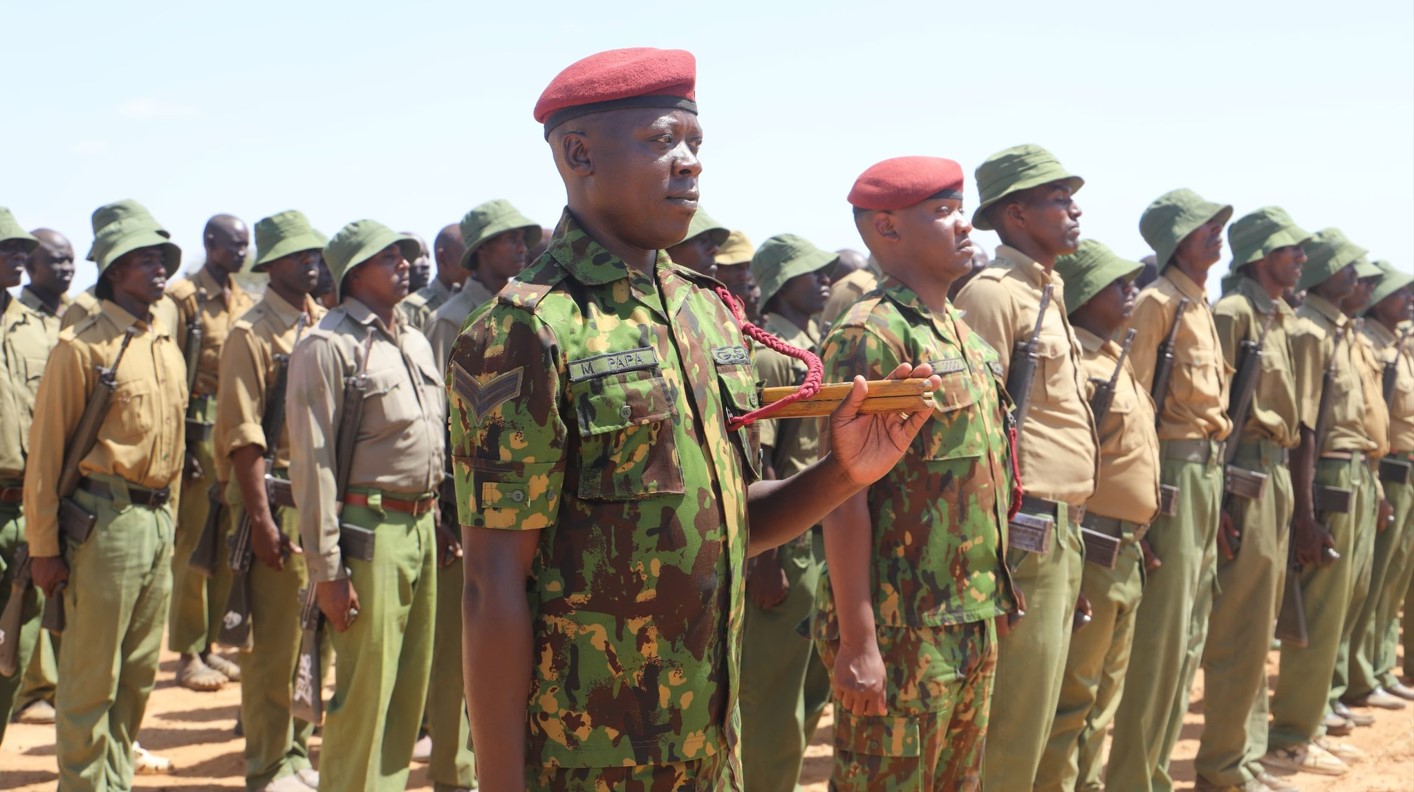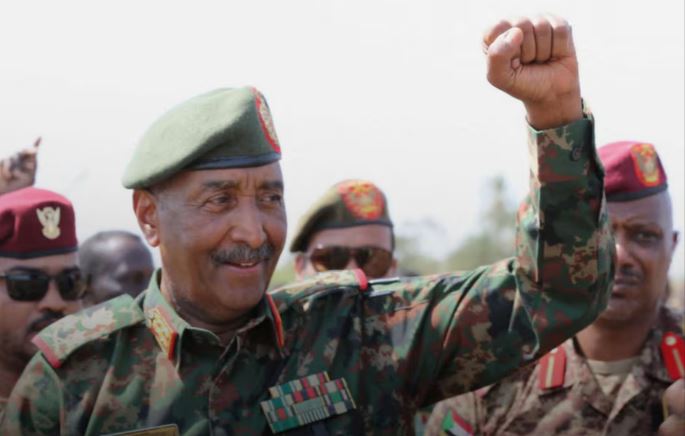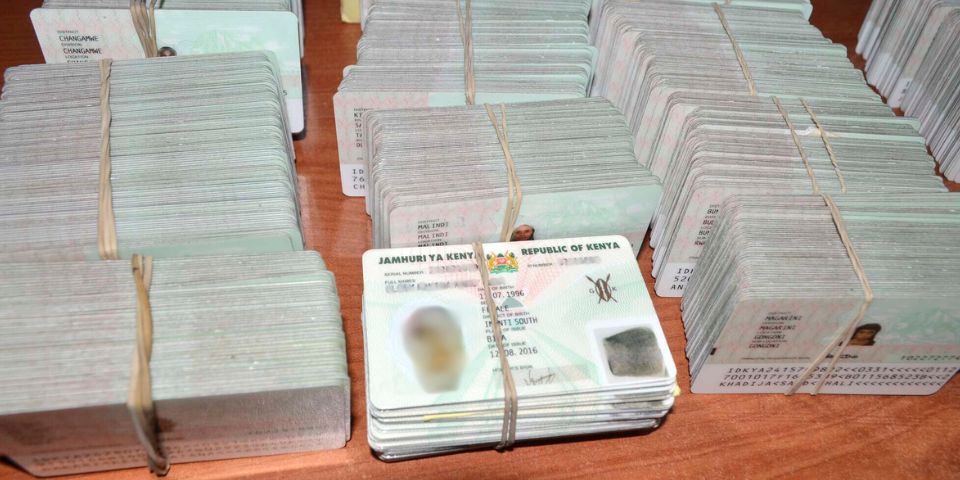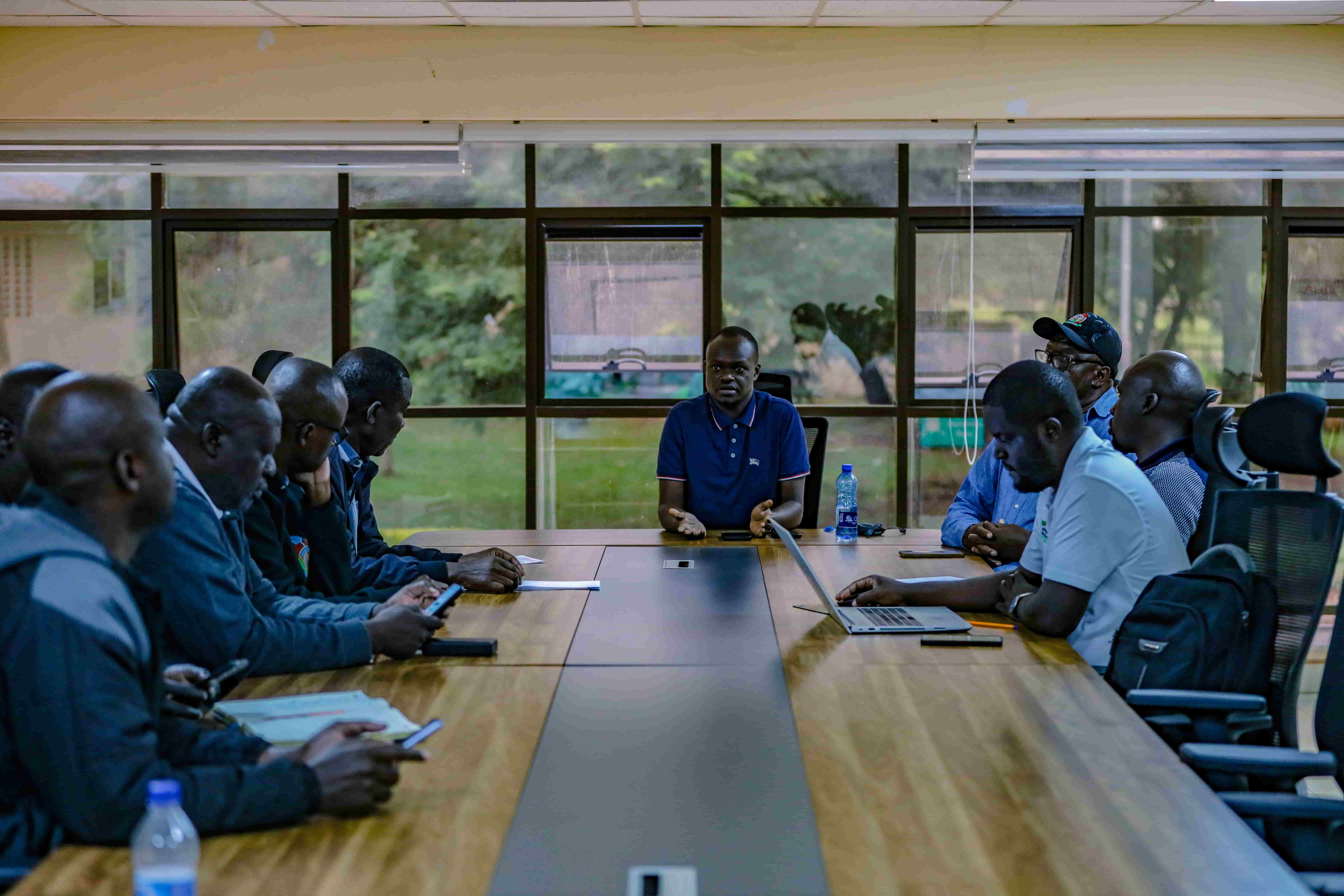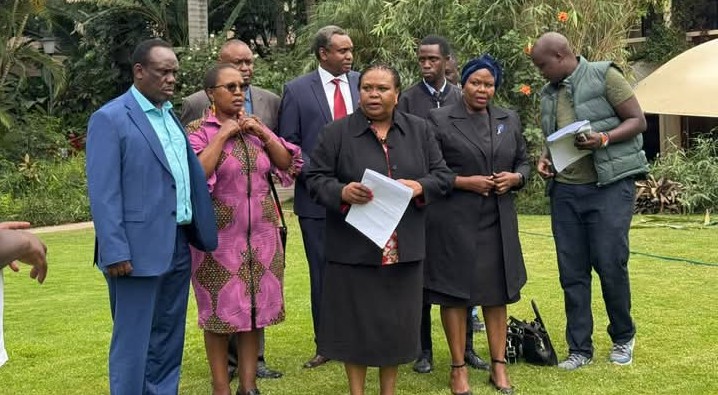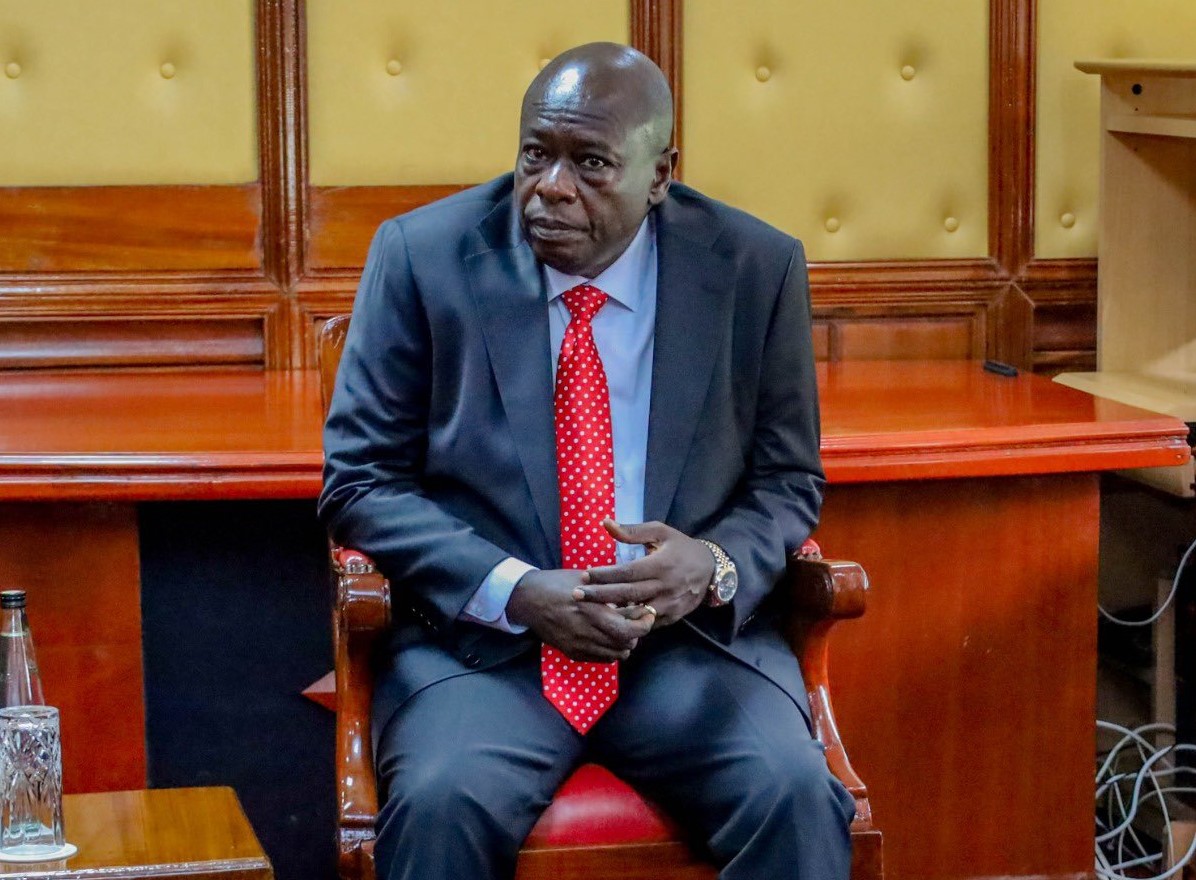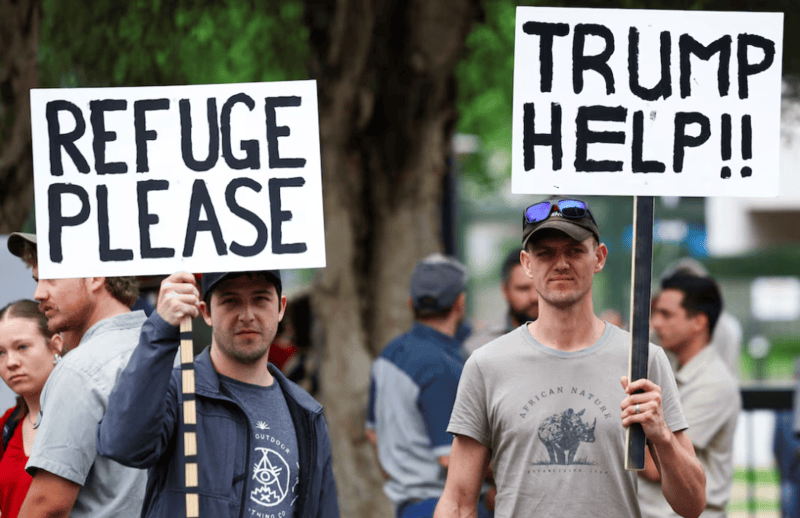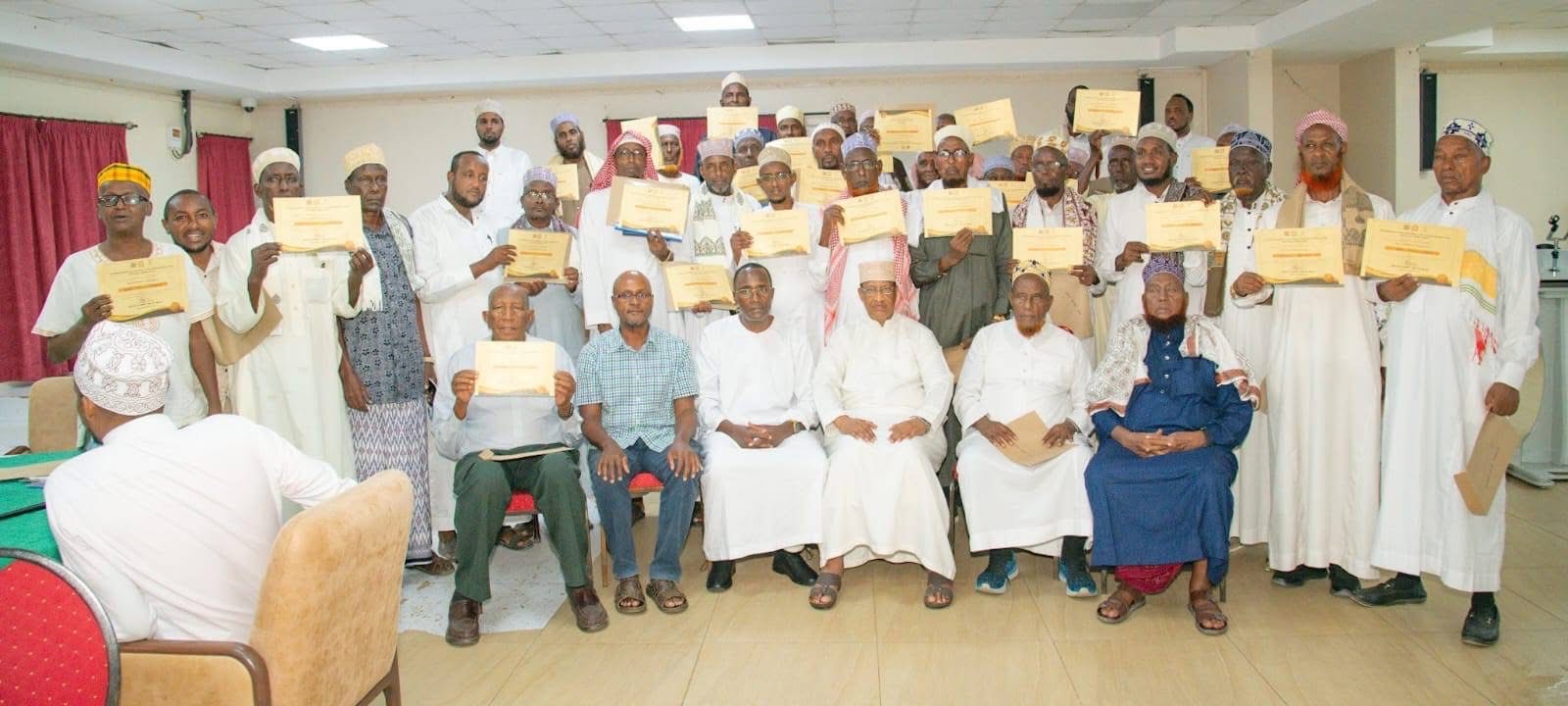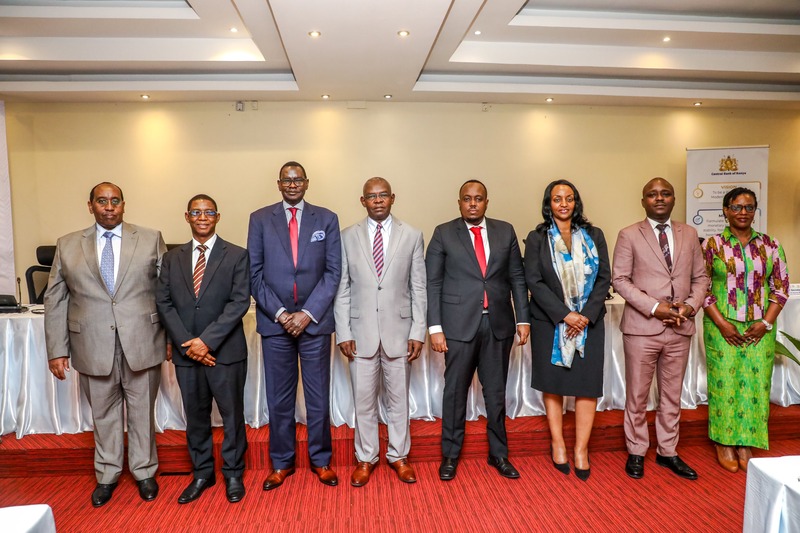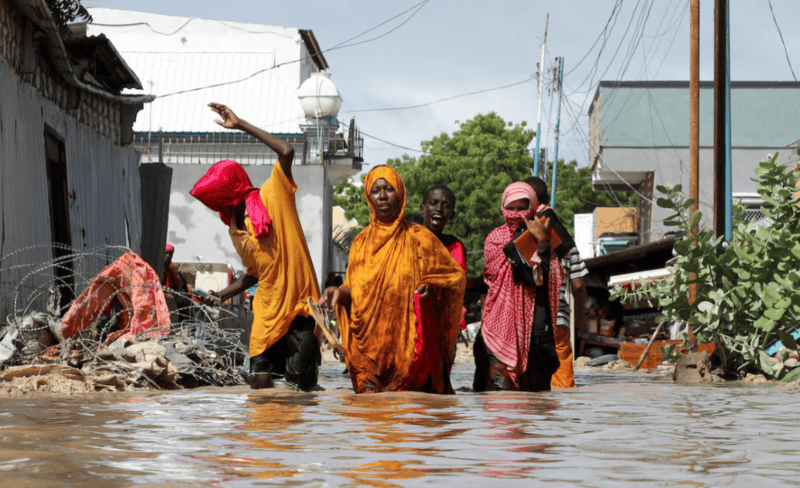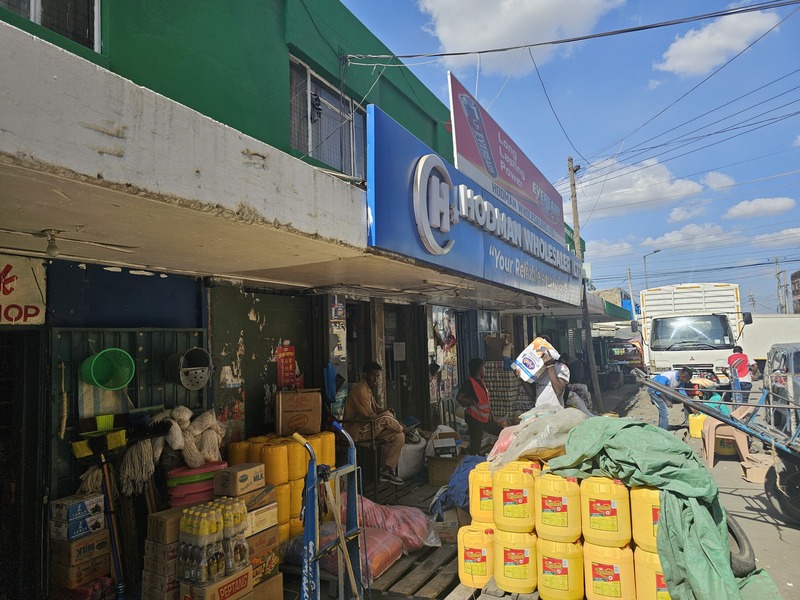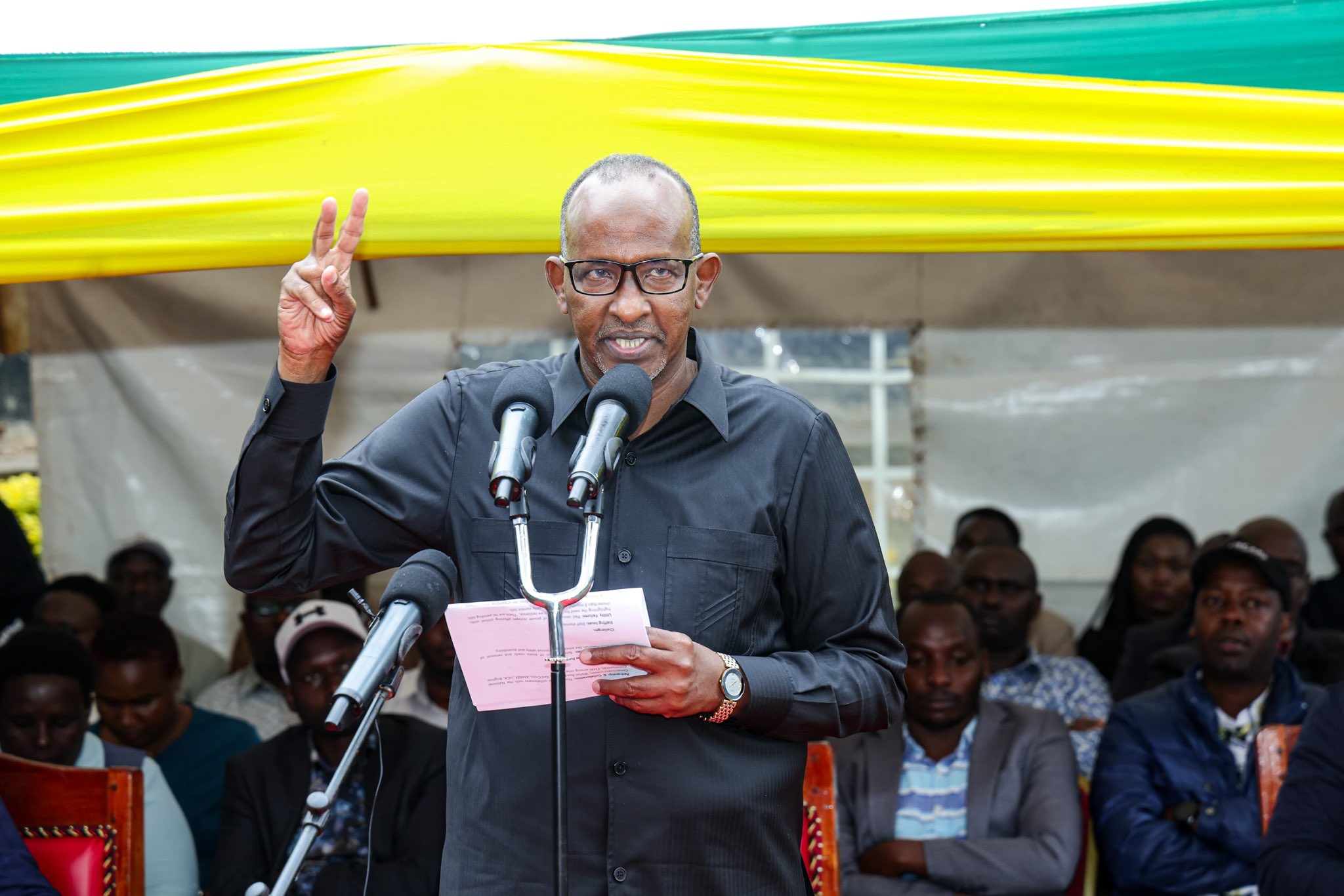Ex-CJ Willy Mutunga: Imagining president's death is not a crime
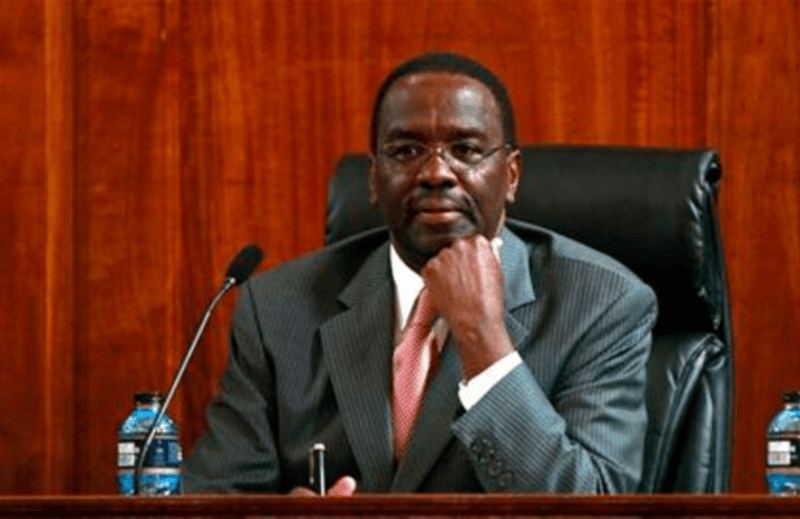
The former head of Judiciary went further to state that he does not know any law that decrees citizens to respect the president.
Former Chief Justice Willy Mutunga on Sunday expressed his dismay over the continued withholding of youths abducted over getting critical to President William Ruto's administration.
Mutunga while speaking to the Eastleigh Voice wondered how imagining the death of a President can be a crime.
More To Read
- Ruto tackles ‘hakuna dawa’ in hospitals with Sh10bn boost to KEMSA, county payments push
- Is Kenya’s president safe in a crowd? Security expert scans VIP protection checklist
- Mudavadi meets US top diplomat Marco Rubio in Washington, days after China visit
- Explainer: Details of Persons with Disabilities law signed by President Ruto
- How billions of shillings have been splashed on State House renovations since Ruto took over in 2022
- Sh16.5 billion allocated to extend SGR from Naivasha to Uganda border
"First it goes against the basic principle of criminal law that both mens rea (guilty mind) and actus reus (guilty act) must be present for a crime to be said to have been committed. Secondly, why should imagining an eventuality be a crime?" he posed.
Mens rea and actus reus are two elements of a crime that are usually required to establish criminal liability.
The former head of the Judiciary went further to state that he does not know any law that decrees citizens to respect the president.
"Indeed, my reading of the constitution is that he should respect because we have delegated our sovereign power to him and his government. Respect is a value that is earned and not enforced," said Mutunga.
His sentiments are similar to those of a consortium of human rights lobbies that are demanding the immediate release of the abductees.
The Police Reforms Working Group has strongly condemned the ongoing abduction of social media users Billy Mwangi, Peter Muteti, Bernard Kavuli, and Gideon Kibet.
Two young men had shared AI-generated images of Ruto in a casket that some considered offensive and a popular cartoonist, Kibet, whose silhouette images went viral.
"We remind the Government of Kenya of its unequivocal duty to uphold the Constitution, which guarantees the freedom and security of the person under Article 29. Any arrest or detention must strictly adhere to the rule of law, including the obligation to provide access to legal representation, present those arrested before a court of law within 24 hours or release them on bond, as stipulated in Article 49 of the Constitution," the lobby stated in a statement.
The rights' agitators note that the state's continued silence and lack of accountability surrounding the whereabouts of Billy Mwangi, Peter Muteti, and Bernard Kavuli only serve to deepen public mistrust in the state's commitment to protect its citizens.
On Saturday, Ruto promised to stop abductions of government critics, in an apparent change of stance for a leader who has previously called the wave of disappearances "fake news."
Ruto, his government officials and police have maintained for months that there were no abductions. Ruto has also demanded names of the missing individuals from families and told parliament before that the reports were fabricated to tarnish his government's name.
At least 82 government critics have allegedly gone missing after a youth-led protest movement erupted in June against a controversial finance bill, though some have resurfaced.
Kenya National Commission On Human Rights (KNCHR) said 29 people remain unaccounted for, including six people who disappeared days before Christmas.
Ruto's remarks on Saturday did not acknowledge government culpability for those missing, however, he told parents to "take care" of their children.
"What has been said about abductions, we will stop them so Kenyan youth can live in peace, but they should have discipline and be polite so that we can build Kenya together," Ruto said at a stadium in Homa Bay.
Top Stories Today
